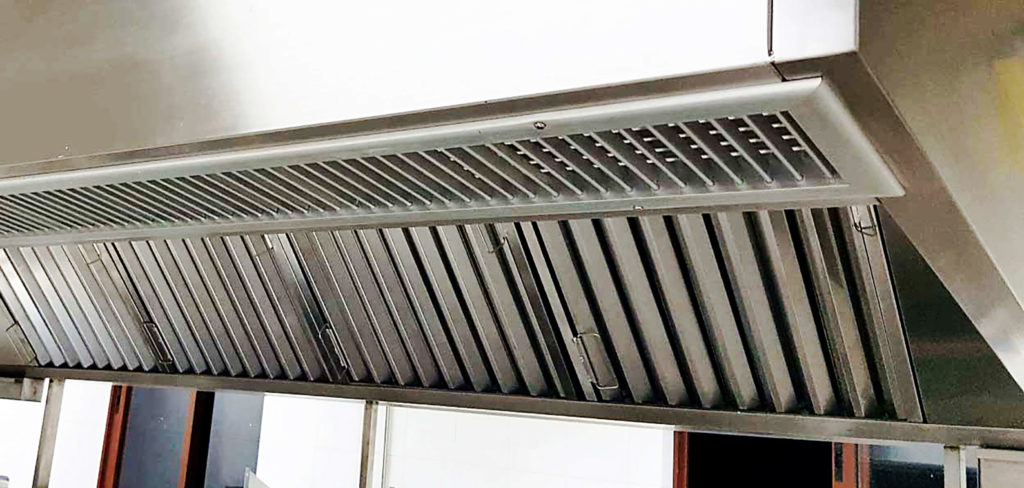Stainless steel is a group of corrosion-resistant alloys made primarily of iron, chromium, and small amounts of other metals. The key characteristic of stainless steel is the presence of chromium (usually at least 10.5%), which forms a thin, stable oxide layer (called the passivation layer) on the surface, protecting it from corrosion and staining.
Stainless steel can also contain other elements like nickel, molybdenum, manganese, and carbon, depending on the specific grade and intended use. These variations give stainless steel different mechanical, thermal, and corrosion-resistance properties.
Special Features of Stainless Steel
1. Corrosion Resistance:
- The most notable feature is its resistance to rust and corrosion, especially in environments that would cause other metals to corrode. The chromium content forms a protective oxide layer that prevents further oxidation. Even if the surface is scratched, the layer can regenerate.
2. Durability and Strength:
- Stainless steel is incredibly strong and durable, making it suitable for high-stress applications. Some grades of stainless steel, such as martensitic stainless steels, are particularly hard and are used in tools and cutlery.
- It has excellent fatigue strength, meaning it can withstand repeated loading without breaking down.
3. Heat Resistance:
- It has excellent heat resistance, making it ideal for use in high-temperature environments. It maintains its strength and doesn’t warp, crack, or degrade as easily as other materials at elevated temperatures.
- Some types of stainless steel are designed specifically to handle extreme heat or thermal cycling, like those used in jet engines or industrial applications.
4. Aesthetic Appeal:
- Stainless steel has a sleek, shiny, and polished finish that is aesthetically appealing. This makes it a popular choice in design and architecture, as well as in products like kitchen appliances, jewelry, and medical instruments.
5. Ease of Maintenance:
- Stainless steel is relatively easy to clean and maintain due to its non-porous surface. It resists staining, rust, and tarnishing, and its smooth surface doesn’t trap dirt, bacteria, or grime.
6. Non-Reactive and Hygienic:
- Stainless steel is non-reactive, meaning it doesn’t leach chemicals or react with foods, making it safe for kitchen equipment and utensils.
- Its resistance to bacteria and other pathogens makes it highly hygienic and is why it’s often used in food processing, medical instruments, and surgical tools.
7. Versatility:
- Stainless Refrigerator comes in various grades, each with its own specific combination of properties, making it suitable for a wide range of applications, from construction and transportation to medical equipment and consumer goods.
8. Formability and Workability:
- Despite its strength, stainless steel is malleable and can be shaped into complex forms without losing its strength. It can be welded, forged, and fabricated into a variety of shapes and sizes.
9. Resistant to Tarnishing and Staining:
- Unlike other metals like silver or iron, stainless steel does not tarnish or stain easily over time, maintaining its appearance and functionality with minimal care.
10. Environmental Sustainability:
- Stainless steel is 100% recyclable, making it an environmentally friendly material. Scrap stainless steel can be melted down and reused to create new products, reducing waste and the need for raw materials.
Common Grades of Stainless Steel:
1. Austenitic Stainless Steel (e.g., 304, 316):
- Most common type, highly corrosion-resistant and easy to weld. Often used in kitchenware, medical devices, and industrial equipment.
2. Ferritic Stainless Steel (e.g., 430):
- Less expensive and more resistant to stress corrosion cracking. Common in automotive exhaust systems and other non-critical applications.
3. Martensitic Stainless Steel (e.g., 410, 420):
- Known for hardness and high strength but lower corrosion resistance. Used in cutlery, knives, and tools.
4. Duplex Stainless Steel:
In summary, stainless steel is a highly versatile, durable, and corrosion-resistant material with a range of specialized properties that make it indispensable in various industries, from food and medical applications to architecture and manufacturing.
Conclusion:
Stainless steel is a highly versatile, corrosion-resistant alloy with exceptional mechanical, thermal, and chemical properties. Its unique characteristics, including resistance to corrosion, high strength, durability, and ease of maintenance, make it invaluable in a wide range of industries, from medicine and food processing to aerospace and construction. The ability to tailor the composition and processing techniques allows engineers to design stainless steel alloys that meet the demands of even the most extreme environments.
